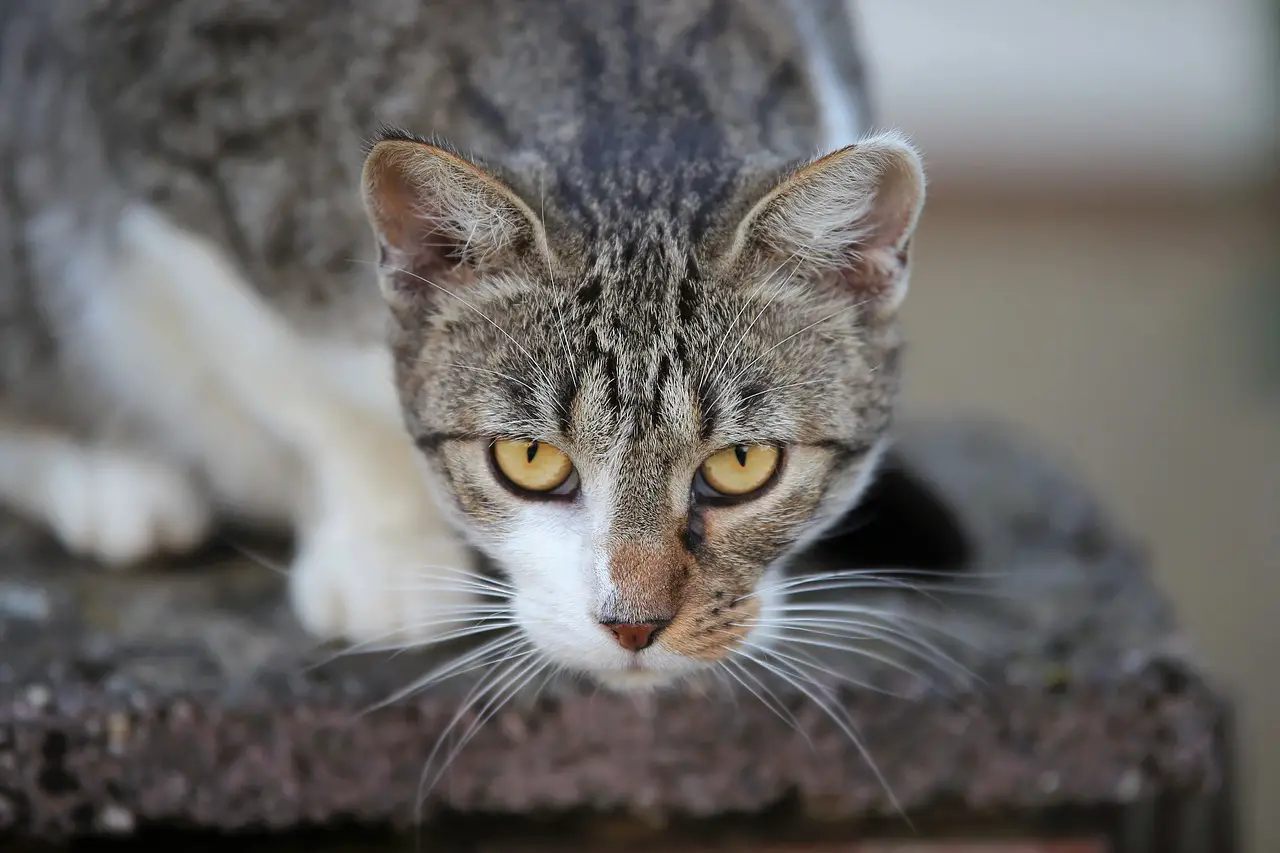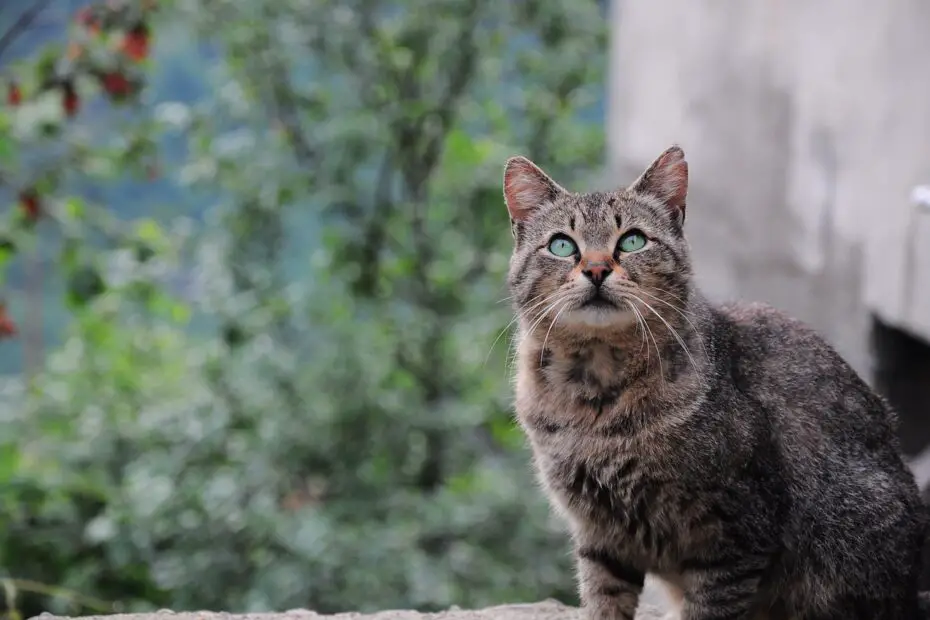Cats are beloved members of countless households around the world. Their independent yet affectionate nature, playful antics, and soothing purring make them wonderful companions. As cat owners, it’s our responsibility to ensure their health and well-being throughout their lives.
In this comprehensive guide, we will explore various aspects of cat health and wellness, from nutrition and exercise to common health issues and preventive care.
You may also want to know if cats can swim.
Nutrition and Cat Health: The Foundation of Cat Health
A cat’s diet plays a fundamental role in its overall health and well-being. Proper nutrition ensures that your feline friend receives essential nutrients to maintain a healthy body and immune system. Here’s what you need to know about feeding your cat:

1. Choose High-Quality Cat Food
Selecting high-quality cat food is crucial for your cat’s health. Look for brands that list meat as the primary ingredient, avoid fillers like corn and soy, and opt for products that meet the nutritional standards set by reputable organizations, such as the Association of American Feed Control Officials (AAFCO).
2. Consider Your Cat’s Age and Specific Needs
Cats have different dietary requirements at various life stages. Kittens, adult cats, and senior cats have unique nutritional needs. Additionally, some cats may have specific health conditions or sensitivities that require special diets. Consult your veterinarian to determine the best food for your cat’s age and health status.
3. Portion Control Matters
Obesity is a common health issue in cats, leading to various health problems like diabetes and joint issues. Follow the feeding guidelines provided on the cat food packaging and avoid overfeeding. Your veterinarian can also recommend an appropriate portion size based on your cat’s age, weight, and activity level.
4. Fresh Water is Essential
Ensure your cat has access to clean, fresh water at all times. Dehydration can lead to urinary tract issues and other health problems. Cats are not always great water drinkers, so consider a cat water fountain to entice them to drink more.
Exercise and Play for Cat Health: Keeping Cats Active
Cats are natural hunters and need regular exercise to maintain a healthy weight and mental stimulation. Engaging in playtime and providing opportunities for physical activity are essential for your cat’s wellness:
1. Interactive Toys
Interactive toys like feather wands, laser pointers, and puzzle feeders stimulate your cat’s mind and encourage physical activity. Spend time playing with your cat daily to provide mental and physical enrichment.
2. Scratching Posts and Cat Trees
Scratching is a natural behavior for cats that helps them maintain healthy claws and stretch their muscles. Provide scratching posts or cat trees to satisfy this instinct and prevent damage to your furniture.
3. Outdoor Enclosures (Catios)
If you have the space and resources, consider building an outdoor enclosure, also known as a catio. Catios provide a safe outdoor space where your cat can experience fresh air and engage with the environment without the risks of free-roaming.

Healthcare: Preventive Measures and Vet Visits
Regular veterinary care is essential to catch potential health issues early and ensure your cat’s long-term well-being:
1. Vaccinations
Keep your cat up-to-date on vaccinations to protect against common diseases like rabies, feline distemper, and feline leukemia. Discuss the appropriate vaccination schedule with your veterinarian.
2. Parasite Control
Fleas, ticks, worms, and other parasites can harm your cat’s health. Use preventive treatments as recommended by your veterinarian. Regular deworming is essential, especially for outdoor cats.
3. Spaying and Neutering
Spaying (for females) and neutering (for males) not only prevent unwanted litters but also offer health benefits, such as reducing the risk of certain cancers and behavioral issues. Discuss the optimal time for these procedures with your vet.
4. Dental Care
Oral health is often overlooked but critical for cats. Dental issues can lead to pain, infection, and other health problems. Regular dental check-ups and dental care at home, like brushing your cat’s teeth, can maintain their oral health.
5. Regular Check-Ups
Schedule routine veterinary visits at least once a year, even if your cat appears healthy. Cats are masters at hiding illness, so regular check-ups help identify health concerns early.
Mental Health and Enrichment: A Happy Mind
Cats have complex mental and emotional needs that should not be overlooked:
1. Enrichment Activities
Provide mental stimulation through toys, puzzles, and activities that challenge your cat’s problem-solving abilities. Rotating toys and introducing new ones can prevent boredom.
2. Social Interaction
Cats are social creatures and benefit from human and, in some cases, feline companionship. If your cat enjoys the company of other cats, consider adopting a second cat.
3. Safe Outdoor Exploration
For indoor cats, create opportunities for safe outdoor exploration. Use a leash and harness or invest in a secure outdoor enclosure to allow your cat to experience the outdoors safely.
4. Comfortable Environment
Create a comfortable and secure environment at home. Cats thrive in a quiet and peaceful space with access to cozy resting spots and hiding places.
Common Health Issues: Signs to Watch For
While preventive care is essential, it’s also crucial to be aware of common health issues that can affect cats:
1. Urinary Tract Problems
Cats are prone to urinary tract issues, including infections and blockages. Signs of trouble may include frequent urination, blood in the urine, or urinating outside the litter box. Consult your vet if you notice any of these signs.
2. Obesity
As mentioned earlier, obesity is a prevalent issue in cats. If you notice your cat gaining weight, consult your vet for a weight management plan.
3. Dental Problems
Bad breath, drooling, and difficulty eating can be signs of dental issues. Regular dental care and professional cleanings are essential for oral health.
4. Allergies
Cats can develop allergies to various environmental factors or foods. Symptoms may include itching, skin irritation, or gastrointestinal issues. Your veterinarian can help identify and manage allergies.
5. Arthritis
Arthritis is common in older cats and can be painful. Watch for signs like reduced activity, stiffness, and difficulty jumping. Consult your vet for treatment options.
Conclusion: A Lifetime of Care and Love
Cats bring joy and companionship to our lives, and in return, they rely on us for their health and well-being. By providing proper nutrition, regular exercise, preventive healthcare, and mental enrichment, you can ensure that your feline friend enjoys a long, happy, and healthy life.
Remember that every cat is unique, and their needs may vary. Regular communication with your veterinarian is essential to address specific concerns and provide tailored care. With dedication and love, you can offer your cat a lifetime of care and happiness, creating a bond that enriches both of your lives.
